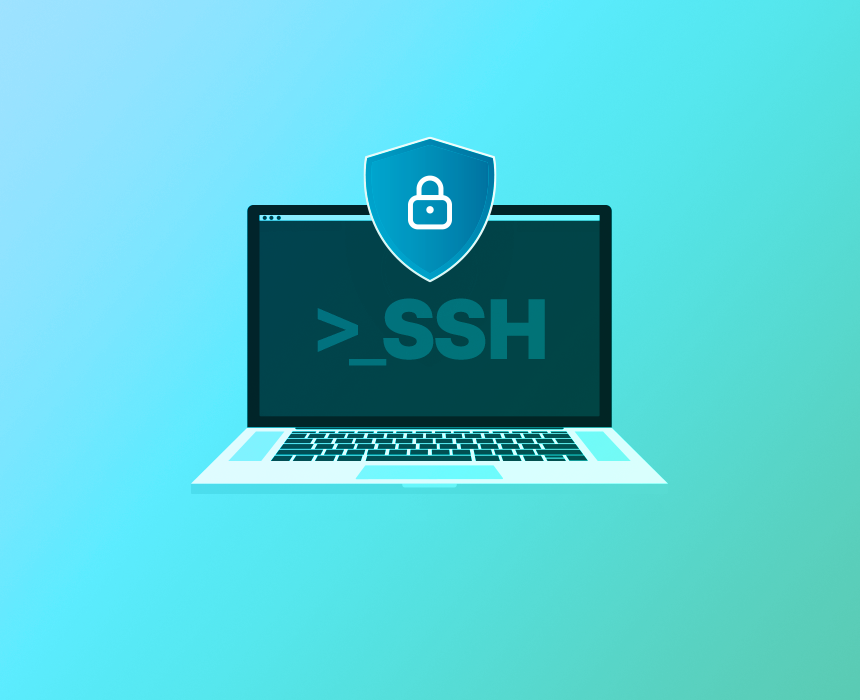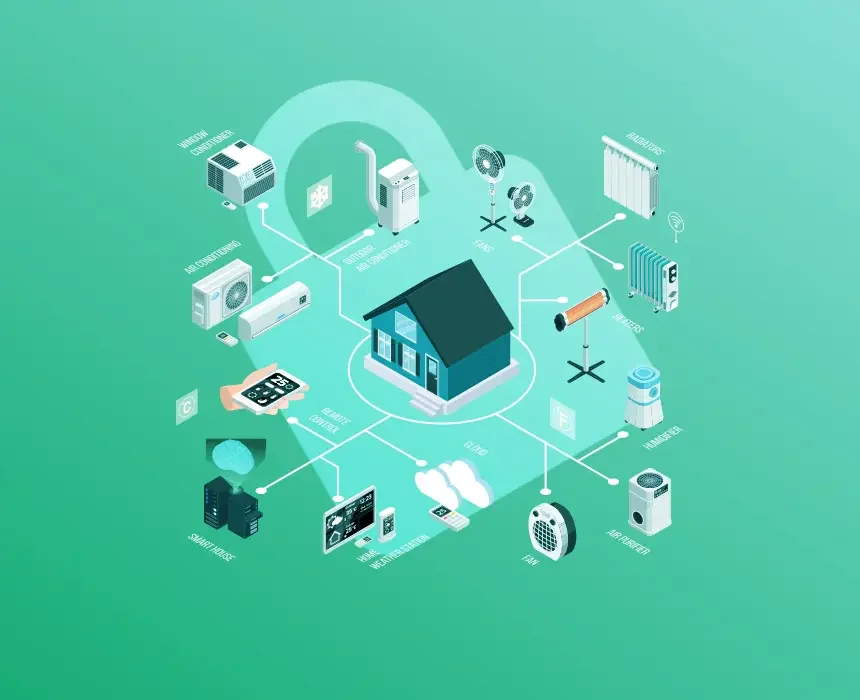
Technology has changed the way today’s businesses operate. Organizations of all sizes need to continuously evolve and embrace technologies that can secure them from data breaches and cyberattacks. With work shifting away from offices and network security at high risk, today’s businesses demand ways to minimize IT security risks. So it’s no surprise that Business VPNs have become an indispensable tool not only for Enterprises but also for small and medium businesses. VPNs have become vital to conduct business functions in a secure environment.
A virtual private network (VPN) can be defined as a software or an application that establishes an encrypted connection from a device to a network over the internet. It creates an encrypted connection between a user and one or more servers. From a business VPN perspective, it securely connects a user to a company’s internal network via the Internet.
The size of your business doesn’t matter when it comes to hackers. Every business from small-sized to large corporations needs to incorporate cybersecurity into its security agenda. You can benefit more if you are including a VPN in your IT security checklist. The following are the key benefits of deploying a VPN in your business:
A VPN can connect you securely to a remote network over the internet. It enables your employees to access the resources connected to your company’s network safely and securely while they are in a different location. A VPN can also be used to connect multiple networks and circumvent the geo-blocking restriction if you are in another country.
While using a business VPN service, you log in with your credentials, and the computer exchanges trusted keys with a remote server. Then the server verifies your authenticity and encrypts your communications. This protects your data from hackers, ISPs, and other regulators who spy on your online activities.
Connecting to your office resources via public internet poses serious security threats. Sometimes you are left with no choice than public Wi-Fi networks while on business trips. But the public network points are hackers’ playgrounds. The amount of data breaches it can result in can be sometimes beyond your imagination. A VPN’s dedicated connection can help you mitigate this risk.
You have a vast choice when it comes to selecting a VPN service for your business. They come in different packages. You can select the most ideal package based on your business requirements. It allows your business to connect easily and safely from anywhere. This saves your costs associated with long-distance phone calls and leased lines and reduces support costs.
There are two types of business VPNs:
Remote Access VPNs
Site-to-site VPN
Remote access VPN connects the users to secure remote servers to access a private network. The encryption feature in remote access VPN ensures that your network security is not compromised. Commercial VPN services are built on remote access VPN. It allows you to use their own network while browsing the internet. This hides your sent and received data from local networks. Thus you can access content securely over the internet. You can also access content that is otherwise restricted to your regular connection. Remote access VPN is easy to set up and hassle-free to use. However, remote access VPNs are not recommended for large-scale businesses.
Site-to-site VPN enables multiple users in different locations to access each other’s resources. There are two types of site-to-site VPNs – intranet and extranet-based site-to-site VPN. In intranet-based site-to-site VPN, the local area networks (LANs) of multiple locations will be connected to the same wide area network (WAN). This enables secure information and resource sharing among each other. In extranet-based VPNs, the connection between two separate intranets is needed, but without accessing each other. This is used when two companies collaborate together for a common purpose. Large-scale businesses rely on site-to-site VPNs. This enables such companies secure communication between different departments across locations.
Prior to purchasing a VPN, you can make an informed decision based on the following key factors:
Confirm if your business requires VPN logging. Logging might be helpful if you want to track on the users.
User management is a key factor when it comes to employee handling. You can control how your employees access the internet while connected to a business VPN. There are premium VPN service providers who offer upgraded alerting and reporting regarding your VPN’s user behavior.
When you choose a business VPN solution, ensure that the VPN will support all the devices you and your employees will use. Modern-day employees work on multiple platforms and devices like smartphones, tablets, and Chromebooks. So selecting a cross-platform compatible VPN service ensures the right protection for all the devices that connect with your network.
Business VPNs generally have more servers from multiple locations. This ensures bandwidth availability for multiple users. Select a VPN with servers in countries where you do business or have plans to establish your brand. This will help you to access websites without geo-restrictions.
There are VPN services that sell their customer data. You must perform a background check before investing on a specific brand. This ensures the security of data that flows in and out of your organization.
VPN services vary. Service providers offer different options to create VPN servers. There are providers who give you the choice to host the VPN server at your own premise. Some of them offer VPN services on the cloud. This also includes key management, whether you want to manage your encryption keys or the VPN service provider.
Support is a key factor as the need for assistance can arise at any hour of the day. If you are handling critical data then you might not have any moment to spare. So consider the support availability before selecting your VPN provider.
Select a VPN that gels well with your investment plan and cash flow. Look for VPNs that provide monthly plans and discounts for long-term subscriptions.
Selecting the most appropriate VPN for your business primarily depends on your business needs. A high-end audit is essential to ensure an uninterrupted and secure VPN connection between your offices or employees. Sophisticated cyber crimes happening around the world demand immense attention to the safety of the data you handle. So the business VPN solution you select should definitely ensure the protection of personal and corporate data from theft and unauthorized access. Identity management and authentication play a pivotal role in ensuring IT security for any business. A VPN provides an extra layer of protection from the deficiencies that hackers can exploit. It’s never too late to add that augmented layer of security to your business.

In an increasingly interconnected world, the ability to securely access remote systems and devices has become an integral part of modern business operations. As organizations expand their digital foo…
31 August 2023
The COVID-19 pandemic has compelled businesses to adapt their traditional practices and adopt work-from-home as a new standard. That increased the need for business VPN solutions, to provi…
11 November 2022
A router is perhaps the most important gadget in any modern-day home. It controls access to your home Wi-Fi network that is used by all Wi-Fi-enabled devices such as mobile phones, laptops, and …
05 February 2021
In the rapidly evolving digital world, businesses are increasingly transitioning their data and applications to the cloud. However, with this move comes the heightened risk of cybersecurity threats, …
27 July 2023